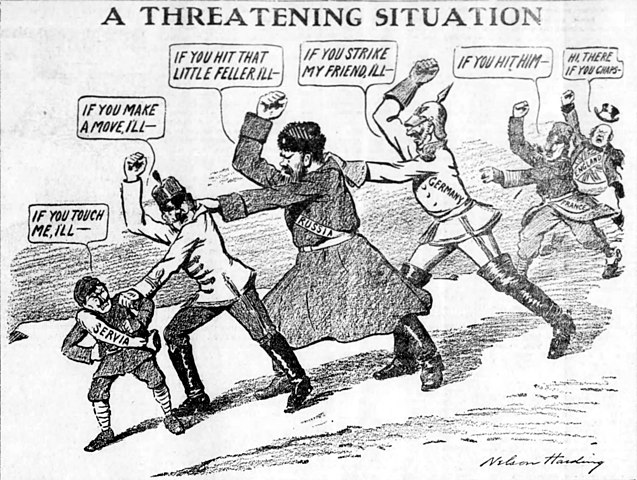Exploring the Dynamic Role of Modal Verbs in English Writing
Modal verbs are a distinct class of verbs that go beyond merely describing actions; they offer insight into the speaker’s attitude, conveying shades of possibility, necessity, permission, and more. In this exploration, we delve into the dynamic role of modal verbs in English writing, unraveling their multifaceted uses through examples that bring their nuanced impact to light.
What is a Modal Verbs?
A modal verb, also known as a modal auxiliary or simply a modal, is a type of auxiliary verb used in English grammar to express a range of attitudes or relationships regarding an action, event, or situation. Modal verbs don’t generally stand alone in a sentence but are used alongside the main verb to modify its meaning.
Here are some of the most common modal verbs:
can, could, may, might, will, would, shall, should, must
Remember that you need to use the modal verb with its particle to make a verb phrase. And if you want to use the modal on its own, you need to add -ing or past tense to it.
Can: Used to indicate ability, permission, or possibility.
- Ability: She can swim.
- Possibility: It can get quite cold in the winter.
- Permission: Can I use your computer?
Could: Often used to indicate past ability, make polite requests, or suggest possibilities.
- Past ability: He could speak three languages when he was younger.
- Polite request: Could you please pass the salt?
- Possibility: We could go to the movies tonight.
May: Used to express possibility, permission, or polite requests.
- Possibility: It may rain later.
- Permission: May I come in?
- Polite request: May I ask a question?
Might: Similar to “may,” used to express a more tentative possibility.
- Tentative possibility: She might join us for dinner.
Must: Conveys necessity, obligation, or strong inference.
- Necessity: You must finish your homework.
- Obligation: Employees must attend the training.
Shall: Often used to express future actions or intentions, primarily in formal or British English.
- Future intention: I shall visit you tomorrow.
Should: Used to indicate advisability, suggestion, or obligation.
- Advice: You should eat more vegetables.
- Suggestion: You should read that book; it’s really interesting.
Will: Indicates future actions, predictions, willingness, or determination.
- Future action: She will meet you at the station.
- Prediction: It will rain tomorrow.
- Willingness: I will help you with the project.
Would: Often used to express conditional actions, politeness, or preferences.
- Conditional action: If I had time, I would join the club.
- Politeness: Would you like some tea?
- Preference: I would rather stay home tonight.
Ought to: Conveys moral obligation, advisability, or expectation.
- Obligation: You ought to apologize for your mistake.
- Advisability: You ought to get some rest.
Need to: Indicates necessity or requirement.
- Necessity: You need to submit your application by the deadline.
- Requirement: Students need to wear uniforms.
Modal verbs play a crucial role in expressing the speaker’s perspective, attitude, and relationship to the action or event described in a sentence. They add depth and nuance to communication, allowing for more precise and varied expression in writing and conversation.
ALSO READ: Context Clues Explained









